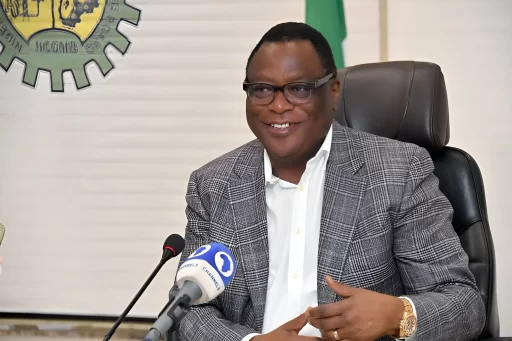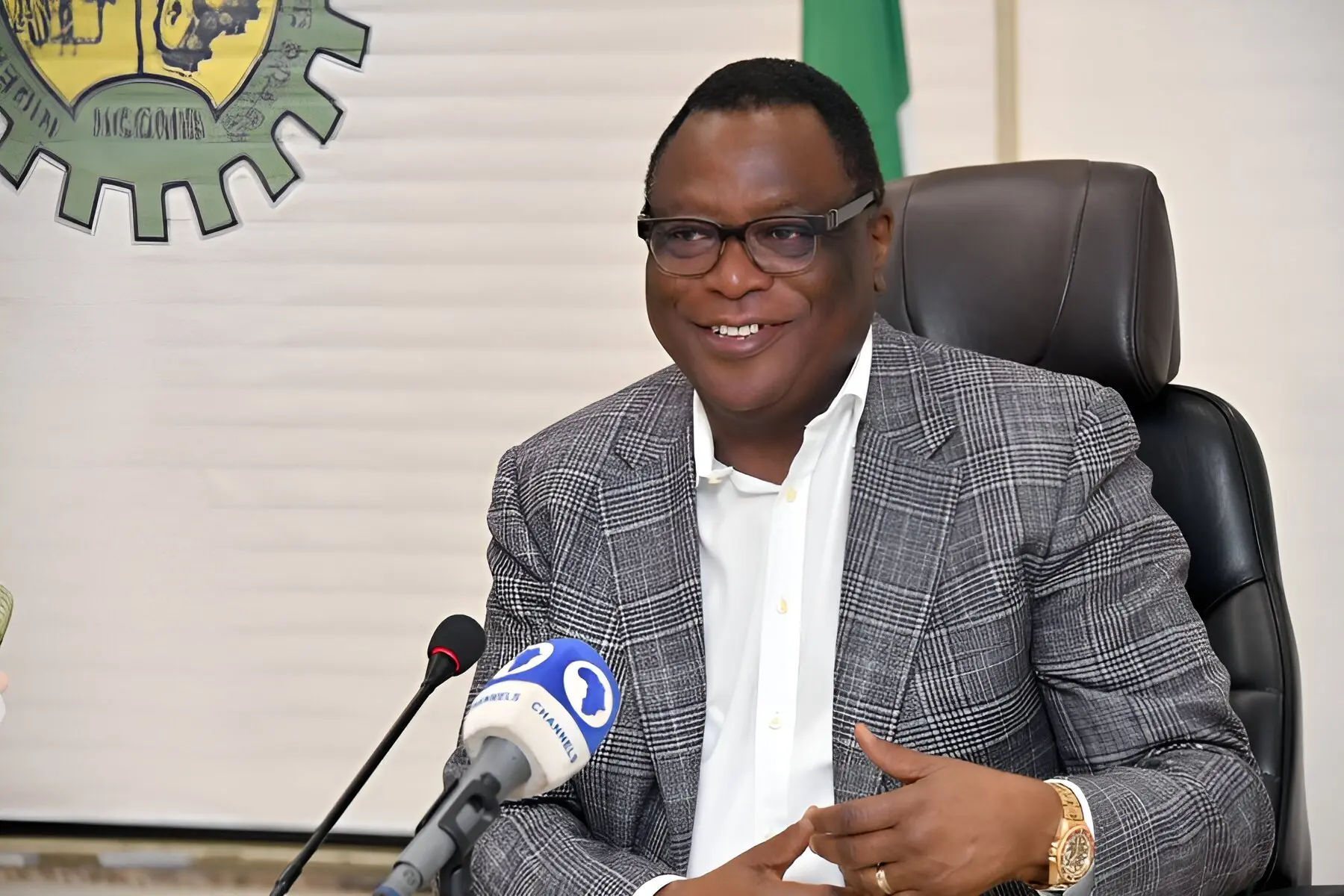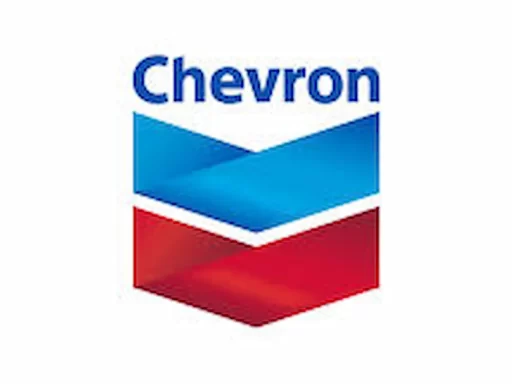Building Nigeria’s Future: How NCDMB Is Powering Skills, Jobs, and Industrial Growth
By Naija Enquirer Staff
Nigeria’s dream of becoming a self-reliant industrial powerhouse has always depended on one critical factor: people. For decades, the country exported crude oil but imported expertise. Now, through the Nigerian Content Development and Monitoring Board (NCDMB), that equation is changing and with it, the story of Nigeria’s economic future.
A Homegrown Force for Industrial Transformation
Established in 2010 under the Nigerian Oil and Gas Industry Content Development (NOGICD) Act, the NCDMB was created to increase Nigerian participation in the oil and gas industry. From its headquarters in Yenagoa, Bayelsa State, the Board has become a powerhouse for local content development, ensuring that Nigerian talent drives Nigeria’s most strategic sector.
Under the leadership of Engr. Felix Omatsola Ogbe, NCDMB has transformed from a regulator into a national growth engine—focusing on skills, innovation, and enterprise development that directly translate into jobs and opportunities.
Turning Training Into Tangible Work
The Board’s Human Capital Development (HCD) programmes are reshaping how Nigerians learn and work. Instead of classroom theory, NCDMB places trainees on real project sites. Its collaboration with Nigeria LNG on the Train 7 project is a model example: since late 2024, over 470 Nigerians have been trained in welding, engineering, quality assurance, ICT, and more—directly within live industrial environments.
These hands-on initiatives bridge the gap between training and employment. Many participants now hold skilled roles across the energy value chain, proving that when learning meets opportunity, local content becomes real impact.
Empowering Nigerian Businesses Through Project 100
Beyond individuals, NCDMB’s Project 100 initiative is nurturing the next generation of Nigerian oil and gas service companies. Launched in 2019, the programme supports indigenous firms with mentorship, access to finance, and international exposure. Starting with 60 firms, it now includes a larger network of local players thriving in fabrication, engineering, and logistics.
These companies don’t just represent corporate growth—they represent jobs, retained value, and national resilience. As the Board says, “When Nigerian firms grow, the nation grows.”
Taking Development Back to the Creeks
In the Niger Delta, where oil wealth meets environmental strain, the NCDMB’s “Back to the Creeks” programme is rewriting the narrative. The initiative focuses on education, vocational training, and teacher support in oil-producing communities—ensuring that locals gain the skills to work within the industries that operate on their land.
Producing World-Class Talent
NCDMB’s partnerships extend across the country. Collaborations with Green Energy International Limited and the Centre for Marine and Offshore Technology Development (CMOTD) at Rivers State University have trained over 300 youths in advanced areas such as automation, process design, instrumentation, and big data analytics.
The Board’s 60-20-20 Human Capacity Development Strategy dedicates 60% of its training to employment and entrepreneurship, 20% to professional certification, and 20% to entry-level skill development—ensuring every effort leads to a real job or business opportunity.
Scaling Up the Vision: 10,000 More Nigerians to Be Trained
In its most ambitious move yet, NCDMB has announced plans to train 10,000 Nigerians across various oil and gas disciplines. So far, it has delivered over 16 million training man-hours, empowered more than 7,000 trainees, and registered over 400,000 individuals and 13,565 service companies on its Joint Qualification System (JQS).
Why It All Matters
Every Nigerian trained, every local firm supported, and every community empowered under NCDMB represents a shift toward self-reliance. With more skilled Nigerians designing, operating, and managing key industries, the economy retains more value, reduces foreign dependence, and grows from within.
NCDMB’s integrated model—combining human capital, enterprise growth, and community inclusion—has become a blueprint for sustainable national development. It’s not just about oil and gas anymore; it’s about building a country capable of managing its destiny.
The Road Ahead
The task of building a resilient, inclusive, and innovative economy is long-term—but Nigeria is moving in the right direction. With NCDMB leading the charge, the country is not just producing resources; it’s producing capacity, confidence, and a generation of Nigerians ready to power its future.







